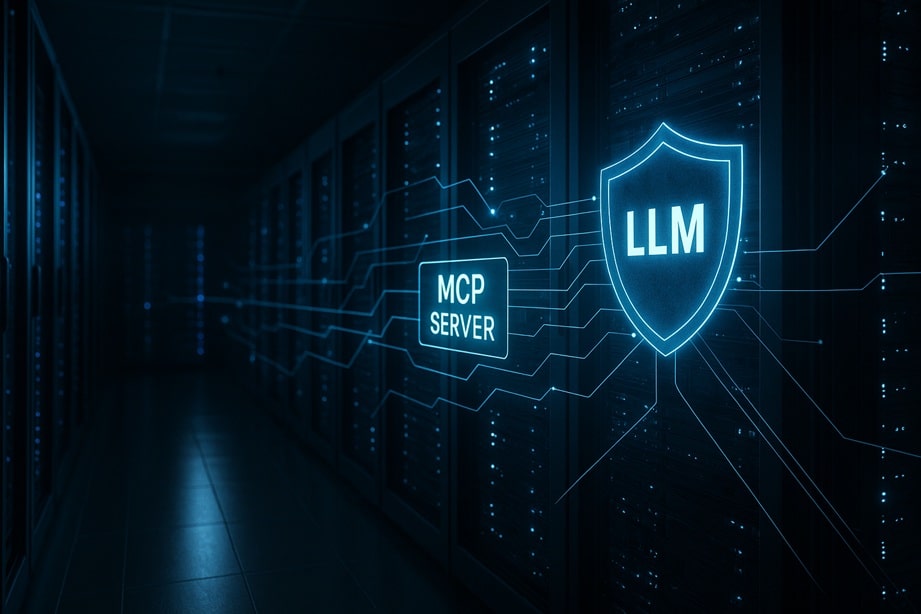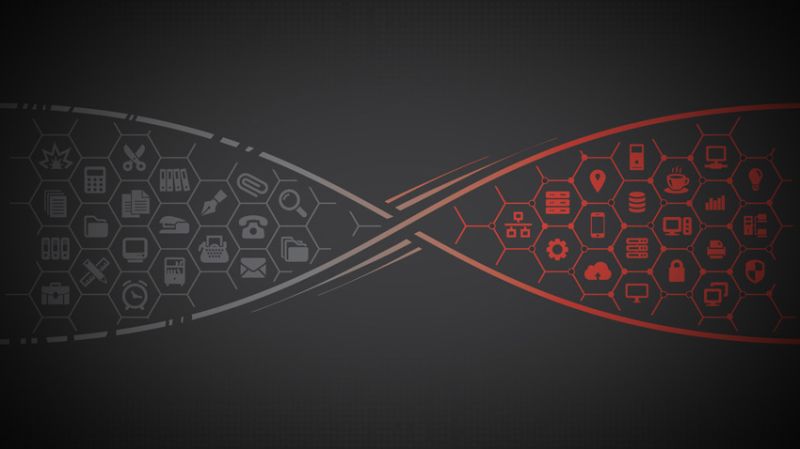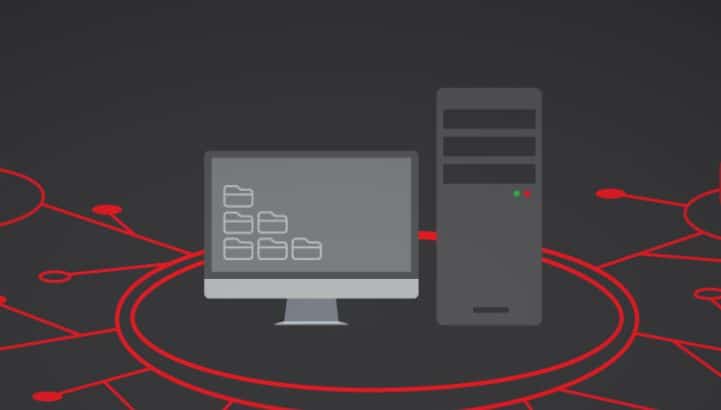What Is a Private MCP Server?
A private MCP server is a self-hosted implementation of the MCP standard. Essentially JSON-RPC over HTTP—that sits within your organization’s network. Unlike public or third-party MCP hosts, a private server keeps all data exchanges on-premises or within a trusted cloud environment. It ensures full control over context, tools, and APIs available to your AI agents.
Key Advantages for Business LLM Applications
- Data Security & Compliance
By operating a private MCP server, sensitive customer data and proprietary documents never leave your environment. This minimizes exposure to external vulnerabilities and helps meet GDPR, HIPAA, or industry-specific compliance requirements blogs.windows.com. - Customized Tool Integrations
Private servers enable you to expose internal systems. CRMs, ERPs, SQL databases, or custom microservices—through MCP without reengineering each LLM integration. Your AI agents can invoke these tools via a consistent interface, accelerating development and reducing maintenance overhead github.com. - Performance & Scalability
Hosting MCP internally lets you scale CPU, memory, and network resources to match your event-driven workloads. You can deploy MCP clusters behind load balancers and autoscaling groups, ensuring low-latency responses even when handling thousands of concurrent AI requests theverge.com. - Auditability & Transparency
Every MCP request and response can be logged and monitored centrally, providing a clear audit trail. This transparency is critical for debugging complex AI workflows and demonstrating accountability to stakeholders and regulators blogs.windows.com.
Implementing a Private MCP Server at Positive d.o.o.
- Choose Your Framework
We leverage reference implementations—such as .NET’sModelContextProtocolpackage or Python/Node SDKs—to bootstrap a private MCP host within your Azure, AWS, or on-premise infrastructure devblogs.microsoft.commodelcontextprotocol.io. - Define Tool Schemas
For each internal system, we design clear MCP tool schemas (name, input/output JSON structures, authentication scopes). This upfront specification ensures predictable behavior and simplifies integration testing. - Secure Communication
We configure HTTPS endpoints, mTLS, and OAuth 2.0 flows so that only authorized AI clients can access specific MCP tools. Role-based access controls enforce the principle of least privilege. - Deploy & Monitor
Using container orchestration (e.g., Kubernetes), we deploy your MCP server with built-in health checks and metrics exports (Prometheus, Azure Monitor). Dashboards and alerts keep your operations team informed of usage patterns and potential anomalies.
Real-World Use Cases
- Legal Document Review
An LLM agent retrieves contracts from a private SharePoint instance via MCP, analyzes key clauses, and generates compliance summaries—without exposing documents externally. - Sales Enablement
AI assistants query CRM records, extract prospect engagement history, and draft personalized outreach emails, all through private MCP calls that respect data residency policies. - Operational Analytics
Business analysts use natural-language queries to interrogate internal data warehouses (e.g., PostgreSQL, Snowflake) through MCP, bypassing manual SQL authoring while maintaining query logging for audit.
Conclusion
By leveraging private MCP servers within our AI/LLM apps, we ensure each solution is secure, highly scalable, and fully auditable. It is seamlessly aligned with your existing systems and compliance requirements. At Positive d.o.o., we’ve embedded private MCP into our platforms so that your AI agents can deliver optimal business value. We are also keeping your most sensitive data safely under your control.
To found out more read my AI & LLM posts
Share



